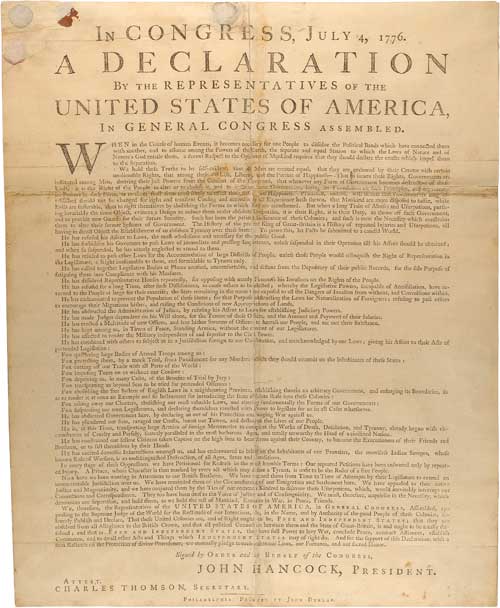A couple posts ago, I shared a simple and useful writing assignment involving thematic quotations, not necessarily connected to literature. Let’s take a look at an assignment using quotes from specific pieces of literature.
But first, let’s take a look at Common Core Standards covered by this assignment
- W.9-10.1 Write arguments to support claims in an analysis of substantive topics or texts, using valid reasoning and relevant and sufficient evidence.
- W.9-10.4 Produce clear and coherent writing in which the development, organization, and style are appropriate to task, purpose, and audience. (Grade-specific expectations for writing types are defined in W.9-10.1-3.)
- RL.9-10.1 Cite strong and thorough textual evidence to support analysis of what the text says explicitly as well as inferences drawn from the text.
- RL.9-10.2 Determine a theme or central idea of a text and analyze in detail its development over the course of the text, including how it emerges and is shaped and refined by specific details; provide an objective summary of the text.
- There’s quite a few writing and language standards you could add with minor tweaking.
Let’s take a look at the actual assignment
It’s simple.
- Provide a list of quotes from the literary work you are reading. I’ve provided links to common Common Core high school literary works below.
- Instruct students to pick one or more quotes and use the quote(s) to support a potential theme in the assigned literary work.
- Assign students to turn their thoughts into writing. The writing assignment can be whatever length you feel appropriate.
Another option. Do steps one and two above.
- Instead of having students write a paragraph or an essay, have them write commentary, insight, or analysis instead. The ideal ratio is at least two commentaries, analyses, or insights for each quote. Check out the example from William Golding’s Lord of the Flies below.
- Yet another option: Instruct students to write the analyses/commentaries and then write the paragraph/essay. Look, you just nailed some Common Core Standards involving the writing process.
A really fun option. Because analysis is the most troubling aspect of writing and literature for young scholars, you may want to have a little fun (at your students’ expense)
- Instruct students to do the whole writing commentaries/analyses thing.
- Instruct them to circle what they consider their best commentary/analysis
- Collect papers.
- Review the qualities of good analysis-for example, it’s not a summary; it’s not shallow; it provides insight.
- Read the “best” commentary from each paper (anonymously) and discuss its good qualities and bad qualities. Allow students to help you decide whether it qualifies as “meeting standards.”
- If so, write an ‘A’ on the paper, lead a round of applause, and put it in the grade book.
- If not, crumble it up and throw it away. You’ll have a lot of fun with this.
- Give students an opportunity to redo the assignment, if their paper got tossed. This is critical, not just for helping students master a difficult skill, but to avoid phone calls and emails from parents of entitled children. You’ll notice that once students realize they will be held accountable for the quality of their work, the quality magically improves.
Quote: Within the diamond haze of the beach something dark was fumbling along…Then the creature stepped from the mirage on to clear sand, and they saw that the darkness was not all shadow but mostly clothing (19).
Analysis: The arrival of Jack Merridew and his militant choir is described as the arrival of a beast or creature, foreshadowing Jack’s transformation from despotic choir leader to pig hunter to murderous dictator later in the novel.
Analysis: The phrase “diamond haze of the beach” combined with “something dark fumbling along” and “creature stepped from the mirage” establishes an ominous mood to the novel. In addition, these images contrasted with the “clear sand” and the arrival of choir children supports one of the novel’s themes of the inherent evil nature of human beings, no matter how pure they may seem.
Let’s check out these links to literary quotations.
Each of the links below contains multiple quotations and one commentary (just in case you need a little help getting the conversation started). Of course, there are multiple sites that contain important quotations from multiple novels. I happen to prefer the pages I’ve linked to (mainly because I wrote them).
- Important Quotations from Of Mice and Men. Help students avoid a literary analysis luger bullet to the back of the head.
- Great Expectations Quotes. Bolster student expectations by helping them analyze this Dickens’ classic.
- Quotes from Ender’s Game. Literary analysis ain’t no game, neh?
- Important Quotations from The Scarlet Letter. Change that scarlet ‘F’ to s scarlet ‘A’.
- Important Romeo and Juliet Quotes. No need to drink poison when it comes to your next lesson plan.
- Significant Quotations from The Declaration of Independence. Declare your independence from lame lesson plans.
Here are numerous more novel study guides that include important quotations from ELA Common Core literary works. Each study guide has a section on important quotations, so if you didn’t find your work above, click on the link and you may be in luck.
Share This:
Speak Your Mind